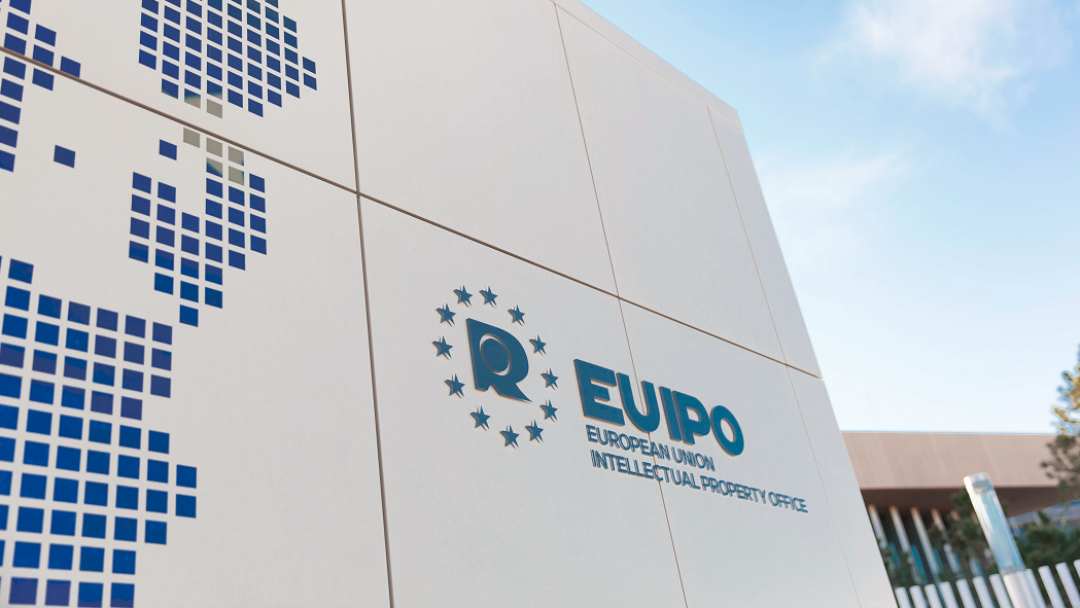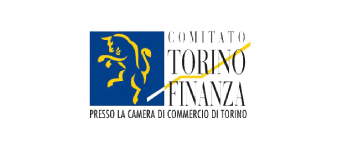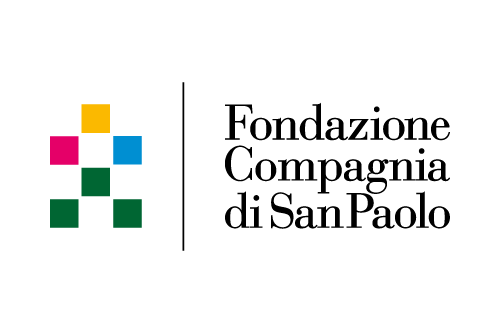Article written by Gabriele Bochicchio, CEO of Pachino Risparmio. Pachino Risparmio is a startup that helps you define the perfect plan to manage your savings with the help of an independent financial advisor and tools to facilitate the understanding and management of personal finance. If you too would like to find out how much your standard of living costs and discover how to improve it with the help of Pachino Risparmio ask for a free consultation here!
Introduction
You are ready to launch your new project or company, but you face an obstacle that seems insurmountable: lack of funds. You are not alone. Many entrepreneurs are in the same situation as you. Financial difficulties are a common reality among entrepreneurs, but with the right actions it is possible to overcome them.
Situation analysis
First of all, you have to assess whether an initial economic requirement is necessary or whether it is possible/there is a willingness to bootstrapping, i.e. starting the project with your own resources.
Let's take a practical example: if I am developing software and I am a developer, my economic needs will be limited compared to projects that perhaps require upfront sums to build an industrial plant.
- Analyse the market and the surrounding environment to see if there are already other players operating in the same sector and how big the market is (Total Available Market) and then decide on a positioning strategy.
- The creation of a business plan, especially in cases where it is not necessary to involve new investors, is a debated topic. Some consider it a waste of time, while others find it useful as it forces founders to clearly define their ideas and moderate over-enthusiasm.
- Use frameworks such as the Business Model Canvas, the Buyer Persona and the Growth Hacking Canvas to focus on all the necessary building blocks for the launch.
Before the launch
In day-to-day activities, the team has limited resources and many responsibilities. In order to remain efficient and focus only on what has a relevant impact, while waiting for the team to become more structured, it is necessary to focus on:
- Identify the indicators that enable the team to get closer and closer to the set goals.
- Understand how to measure these indicators.
- Find out which users use the product and why.
- Check whether the product/service actually solves a problem felt by people.
- Assess whether it is possible to develop a sustainable business model based on this product/service.
Before developing a product or service, four questions must be asked:
- Are consumers aware of the problem the product is trying to solve?
- If a solution existed, would they buy it?
- Would they buy it from us?
- Are we able to develop an effective solution to this problem?
To obtain answers, it is necessary to construct an MVP (Minimum Viable Product) to test the hypotheses.
How to deal with lack of funds in practice
The money or eventual value of the project is dictated by several factors. Sometimes it is the combination of all factors together that creates the valuation on which to base eventual fundraising, other times just a few.
- The metrics that demonstrate the great potential of the project.
- The experience and skills of the team, which are considered a positive factor for the success of the project.
- Previous relationships in the entrepreneurial world or demonstration of skills in the field is a positive element for investors.
In the early stages of a project, it is often necessary to demonstrate a competent team capable of achieving the set goals in order to convince investors to support the project.
In the mind of the investor, the reasoning is: "I am aware that each project has a very low chance of becoming a successful reality, but this team knows what they are doing and I am convinced that whatever happens they will find a way to pivot to find a market space to make things work and remunerate my capital“.
For each stage of the project's life, there are different interlocutors to turn to for funding:
- In the early stage: business angels, private investors, family and friends, startup competitions and calls for tenders are definitely the most suitable avenues to pursue.
- In the later stages: generally speaking, these can range from increasingly structured interlocutors such as family offices, Venture Capital, Investors' Clubs, potential business partners to the IPO stock exchange.
In order to raise funds, it is necessary to
- identify the capital you need
- define a valuation (how much the project is worth)
- prepare all the necessary documentation (e.g. investor pitch, business plan, executive summary, etc.)
- prepare a corporate structure that protects the founding team and potential investors
- document all the work that is being carried out and start sharing the status quo and progress with potentially interested people
- identify/map all the interlocutors who are already working in the field and who may be more interested than others and who can bring not only money but also added value to the project.
- initiate interlocutions
Raising capital is a long process, from when you get active on average it takes 9 months.
Long-term planning
The business world goes very fast, the barrier to entry for developing and launching a product on the market is very low, so the evolution of markets, products, services and companies themselves change quickly.
Making a 3- and 5-year plan besides being a big waste of time could already be old after a few quarters.
The founders should have an overview, a mid-term big picture, and also be flexible in the execution of the plan. The method of OKRs is widely used by early stage projects to move things forward in an orderly manner, while maintaining the right degree of flexibility.
Practical example
Pachino Risparmio was born from a need of the founding partners. A heterogeneous group of young workers (freelancers and employees) who, after the first revenues, asked themselves the following questions:
- I have cash flows, how can I manage them well?
- My lifestyle is changing since I no longer live at home with my parents (e.g. rent, bills, supermarket shopping)
- Finding a good balance between essential expenses and leisure is not an easy thing, especially if you don't have a method of monitoring your finances and this causes me stress;
- The need to put down on paper and make a practical summary of all the ideas that go through my head for my life (e.g. the desire to travel, the desire to buy a house, the desire to launch a personal project, etc.)
Having a very high knowledge of the target audience (themselves), they started to conduct qualitative interviews with their peers, to see if the patterns they had found within the team were spread over a significant number of people. Once they received a positive result, they started to work on their MVP, they built a path on Excel sheets.
Although the team consisted of several developers, as changes and modifications were the order of the day, writing code would have been inefficient.
After several tests, they got the final version of their MVP, at which point they were concerned about understanding if people were willing to pay for the service they were offering. Once they had validated this hypothesis (the target clientele is willing to pay for this type of product), they set about writing code to make certain parts of the service automatic which until then had been totally manual.
Every day the team, according to their available financial resources and skills, continues to do marketing tests to identify the acquisition channel with the most traction, and then invest larger sums and scale it up.
Today, Pachino Risparmio is a service on the market that is regularly purchased by young savers who need an ally at their side to manage their personal finance well:
- manage their cash flows well
- ensure that they have a protected financial situation and that whatever happens they can sleep peacefully at night
- allocate the right sums for a consistent time towards their life goal.
The aim of Pachino Risparmio is to have happy customers, stress-free people professionally and personally fulfilled.









